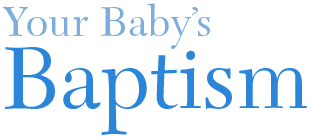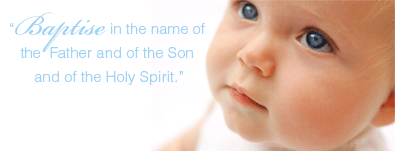The significant events in the lives of Catholics are celebrated within the Church community as sacraments. The Catholic Church officially recognises seven sacraments: Baptism, Confirmation, Eucharist, Reconciliation (also known as Confession or Penance), Anointing of the Sick, Marriage (Matrimony), and Holy Orders (ordination to the priesthood).
Sacraments of Initiation: These are Baptism, Confirmation, and Eucharist. These sacraments welcome individuals into the Church and deepen their faith.
Sacraments of Healing: These include Reconciliation and Anointing of the Sick, which offer spiritual and, at times, physical healing.
Sacraments of Vocation: Marriage and Holy Orders fall under this category, as they focus on a lifelong commitment in service to the Church and others.
The Sacrament of Baptism
The Sacrament of Baptism is often called "The door of the Church," because it is the first of the seven sacraments not only in time (since most Catholics receive it as infants) but in priority, since the reception of the other sacraments depends on it.
While the Church has an extended rite of Baptism which is normally celebrated, which includes roles for both parents and godparents, the essentials of that rite are two: the pouring of water over the head of the person to be baptised (or the immersion of the person in water); and the words "I baptise you in the name of the Father, and of the Son, and of the Holy Spirit."
The sacrament of Baptism has several significant effects:
1. Spiritual Rebirth: It initiates the individual into the Christian faith, symbolising new life in Christ.
2. Cleansing from Original Sin: It removes original sin and any personal sin for adults.
3. Membership in the Church: It welcomes the baptised into the Christian community.
4. Indelible Mark: It confers a permanent spiritual mark on the soul, signifying belonging to Christ.
5. Reception of Grace: It opens the individual to receiving God's grace and the Holy Spirit.
|


